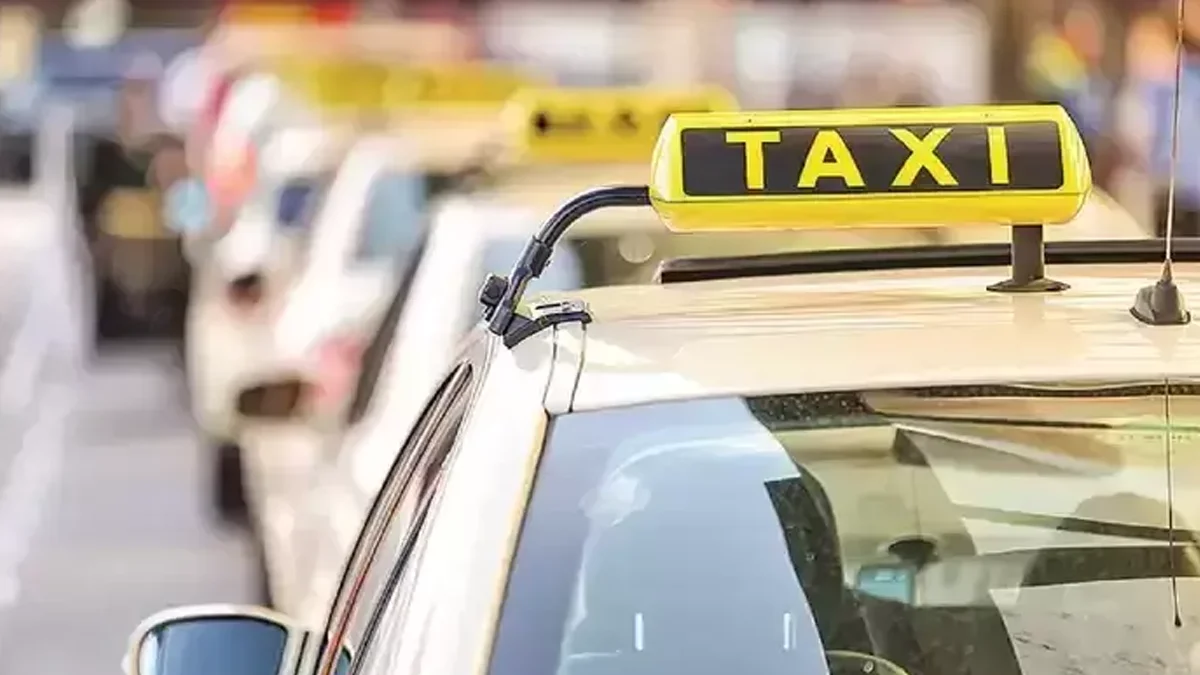Necessary Always Active
Necessary cookies are required to enable the basic features of this site, such as providing secure log-in or adjusting your consent preferences. These cookies do not store any personally identifiable data.
|
||||||
|
||||||
|
||||||
|

The government has announced new ride-hailing rules in India that aim to bring more structure and transparency to the country’s fast-growing app-based mobility sector. The revised framework includes important changes related to surge pricing, cancellation fees, and the formalization of bike taxi operations.
According to Entrackr, these changes are a part of the revised ride-hailing guidelines introduced by the Ministry of Road Transport and Highways and are expected to directly impact platforms like Uber, Ola, and Rapido, along with the millions of commuters who rely on them daily.
One of the most notable changes is the new limit on the surge pricing policy of taxis. According to the updated norms, ride-hailing platforms will now be allowed to increase fares up to twice the base fare during peak demand periods. This fare surge cap for cabs is expected to offer some relief to passengers who often face steep prices during rush hours, festivals, or bad weather.
One of the key highlights of the new policy is the formal approval of dynamic pricing. Ride-hailing platforms can now charge up to twice the base fare during high-demand periods and offer discounts of up to 50% during off-peak hours. While base fares will still be decided by state governments, platforms will now have official permission to adjust prices in real time.
Additionally, the government has supported the use of bike taxis under Clause 23 of the Motor Vehicle Aggregator Guidelines 2025. The new rules allow state governments to authorize the use of non-transport motorcycles, mainly personal two-wheelers, for shared mobility. They can also issue flexible permits, such as daily, weekly, or other short-term approvals to support bike-taxi operations.
Another major update is the cancellation fee rule for cabs, which now limits how much passengers and drivers can be charged for cancelling a ride. As per the new cancellation penalty rule, ride-hailing platforms can charge no more than 10% of the fare or ₹100 if a confirmed ride is cancelled.
Importantly, the rule applies to both drivers and passengers. This is a shift from earlier norms where cancellation penalties were inconsistent and often left to the platform’s discretion. The goal is to discourage misuse and promote fairness for all users.
In addition to fare and cancellation regulations, the government is also encouraging the expansion of bike taxi services. The ride-hailing rules in India now include dedicated provisions for bike taxis, allowing states to legalize and regulate their use.
This formal recognition of two-wheeler ride-hailing services is seen as a step forward in making urban transport more affordable and accessible. Platforms offering bike taxi services will be expected to ensure proper licensing, insurance, and safety measures for both riders and passengers.
The revised ride-hailing guidelines aim to make app-based transport safer, more predictable, and equitable. For passengers, the clarity on the cab fare surge cap and cancellation fees offers better transparency and trust. For operators, the rules help standardize operations across states, though compliance costs could rise.
As India continues to rely on shared mobility, especially in metros and Tier-2 cities, these updates are likely to shape the next phase of how people move around. The government’s push for regulation also shows its intent to treat ride-hailing as a formal part of urban infrastructure.